Transformation projects in dialogue – Grassworks goes to FEdA status conference
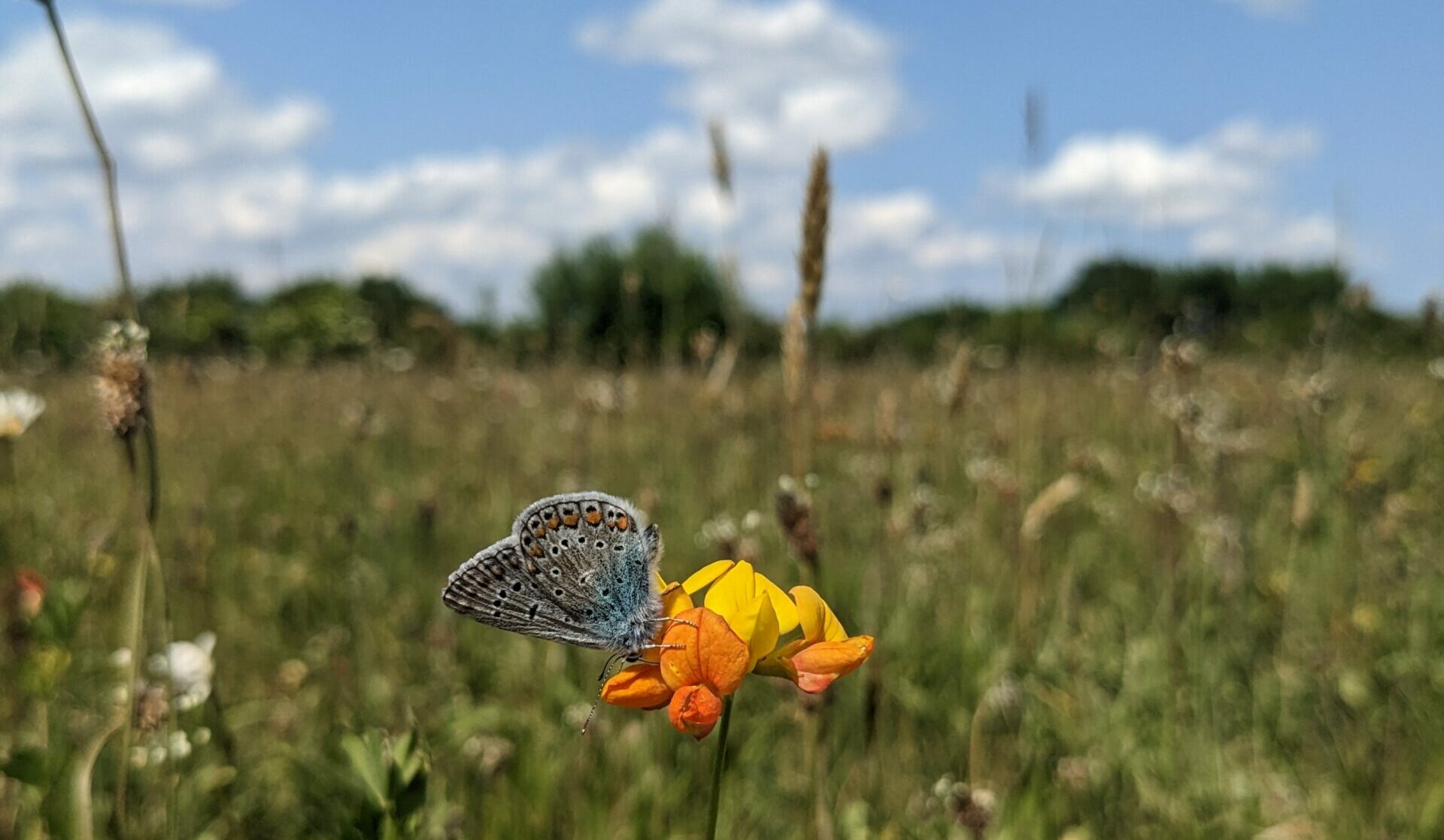
Authors: Alina Twerski, Greta Bindernagel and Line Sturm
The status conference of the network of the Research Initiative for the Conservation of Biodiversity (FEdA) of the German Federal Ministry of Education and Research (BMBF) took place on 13-14 May in Frankfurt am Main. The FEdA comprises three project calls: BiodivGesundheit (biodiversity and health), BiodivKi (biodiversity and artificial intelligence) and BiodiWert (appreciation and security of biodiversity in politics, business and society), the latter of which also funds the Grassworks project. Status conferences serve the purpose of science communication, enable the presentation of project results and provide a space for exchange and networking between the individual research projects of the research network.

Figure 1: Line Sturm in front of the Grassworks results poster of the ecological post-hoc analyses (Photo: Line Sturm)
After an initial keynote speech on transformation pathways for biodiversity, the 17 projects of the BiodiWert cluster were presented by their respective representatives. In this context, Alina Twerski and Line Sturm gave a presentation summarising Grassworks and also presented the first interim results of the ecological post-hoc analyses in a poster (Figure 1). In addition, Miguel Celbrián-Piqueras presented the socio-ecological issues and initial results from the real-world laboratory “Nord”. The first day ended with a public expert discussion on transdisciplinary cooperation and the opportunity for an open exchange.
On the second day, a diverse programme of workshops was offered by the various projects. The aim of the workshops was to network with each other and share experiences. Together with Dietlinde Quack from the GOBIOM project, Vicky Temperton, Alina Twerski and Line Sturm discussed possible transformation paths for more biodiversity in grasslands with the workshop’s participants (Figure 2). Based on a SWOT analysis, the Strengths and Weaknesses as well as the Opportunities and Threats of the desired transformation in grassland management and restoration were analysed in two groups. Thereby, the participants reflected on and discussed their own research projects. The strengths included the inter- and transdisciplinary nature of the projects, while the weaknesses were seen in the aggravating framework conditions and the intensity of resources. Threats were localised in land use conflicts and entrenched relationships and thought patterns, while opportunities were identified in communication, target synergies and the concept of multifunctionality.

Figure 2: Exchange on the results of the GOBIOM and Grassworks workshop (Photo: Alina Twerski)
Overall, the two days provided a successful framework for communicating interim results, getting in touch with the representatives of the various projects and exchanging valuable experiences. As stakeholders were also present at the status conference, this platform was also successfully used for science communication.
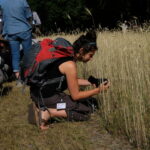
Alina Twerski
I studied biology (B.Sc. and M.Sc.) with a focus on ecology and biodiversity at the University of Hamburg. During my PhD at the Technical University of Munich, I investigated the relationships and trade-offs between different ecosystem functions of rare arable plants and sown wildflower mixtures. As I mainly work on vegetation science, restoration ecology and ecosystem functions, my post-doc in the Grassworks project consists of organizing and conducting ecological fieldwork in the northern region (WP1). Further, my position is coordinating the ecological data collection of WP1 across all three regions. In addition, I am helping to restore grasslands in the Real-World lab in the northern region.
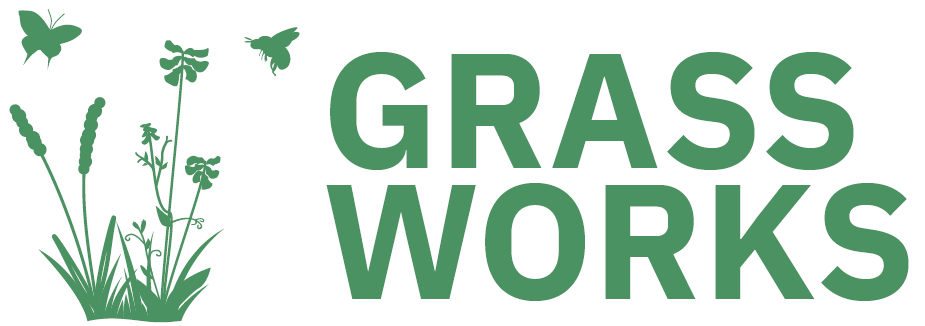
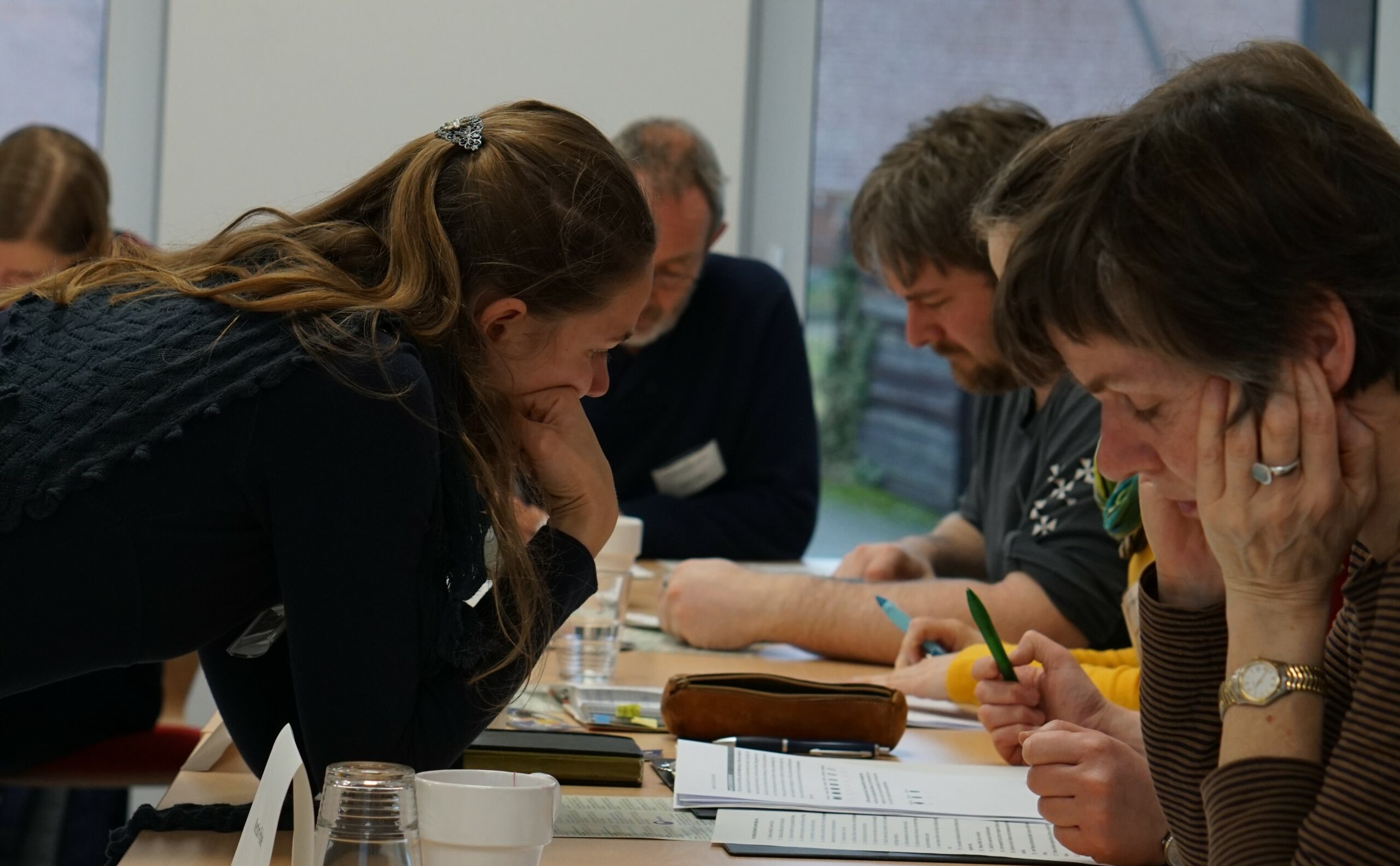
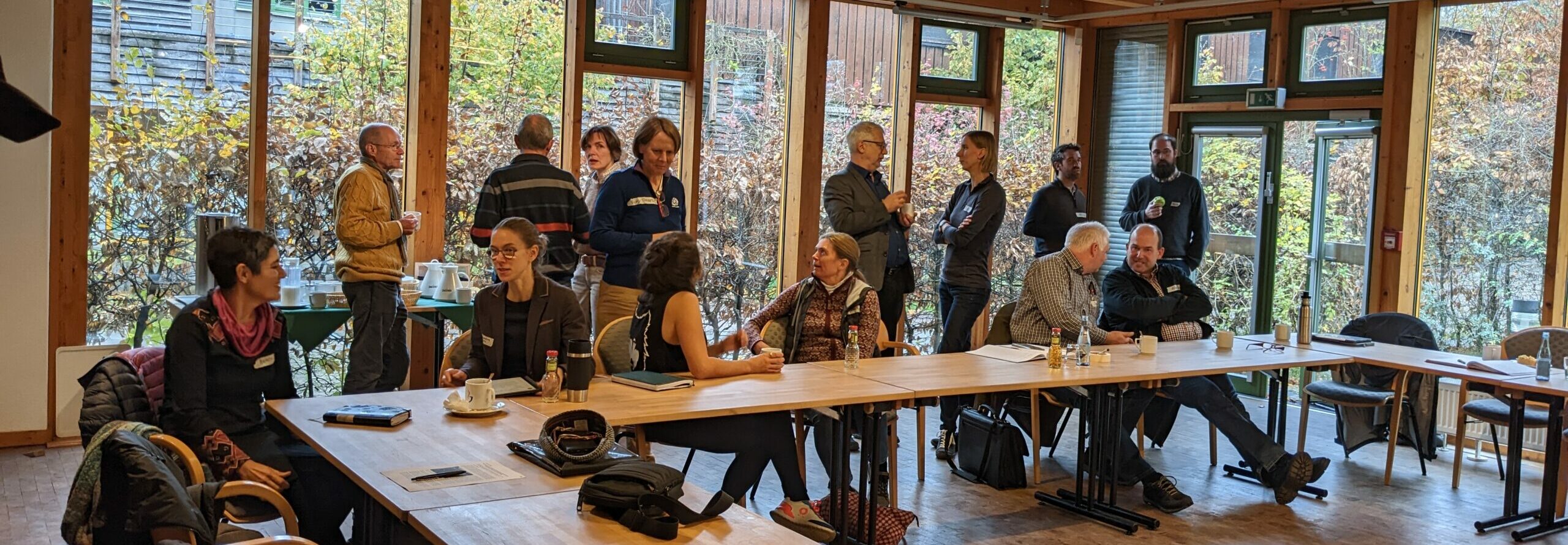
Leave a Reply